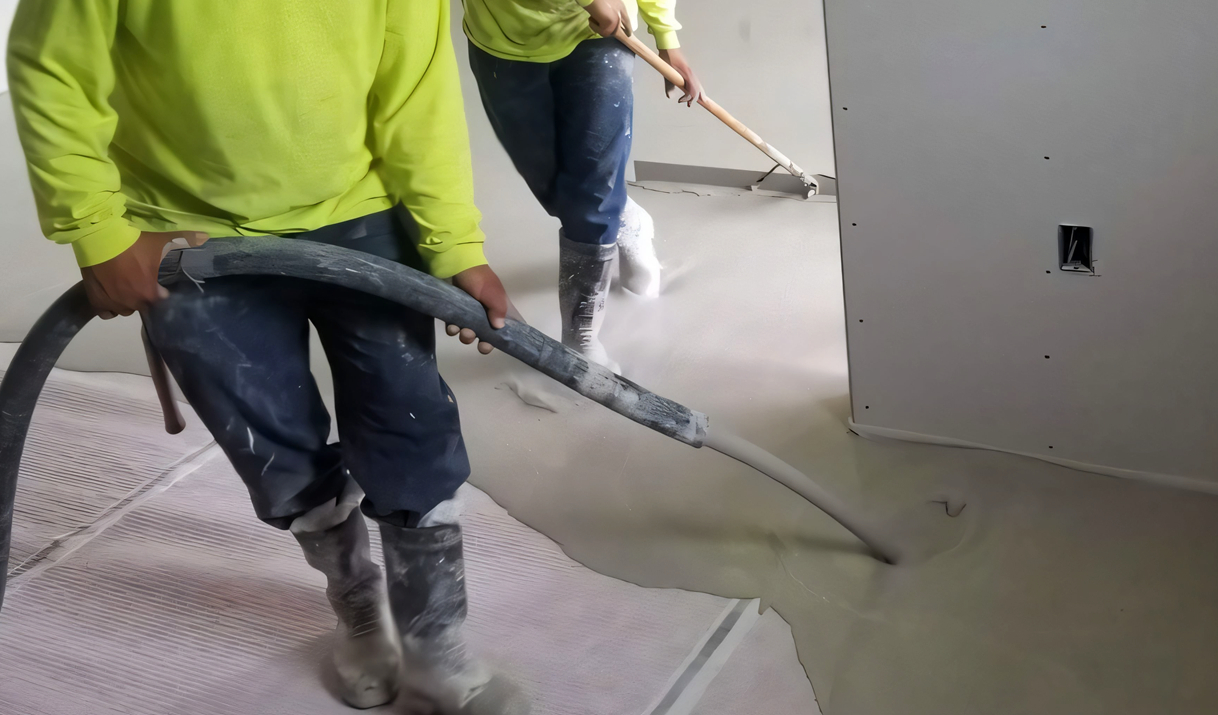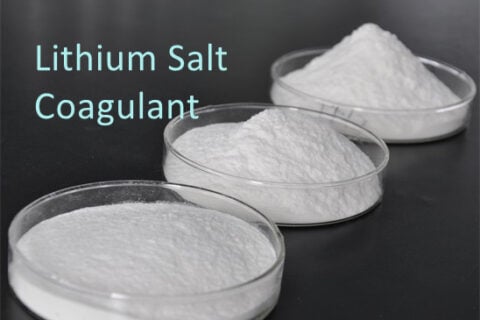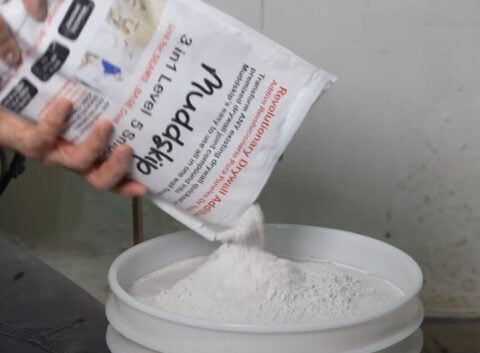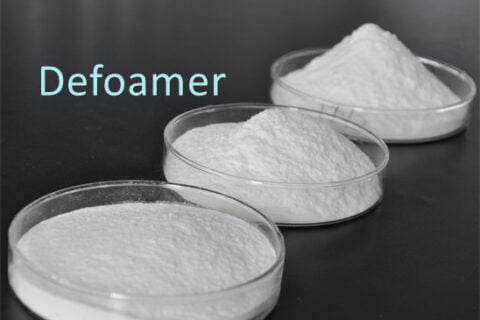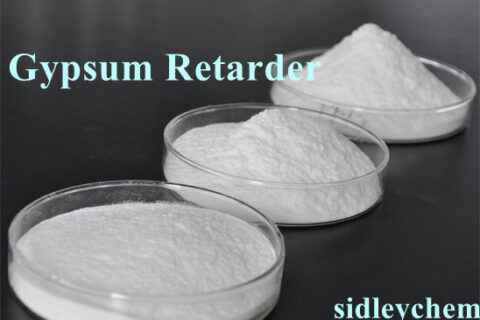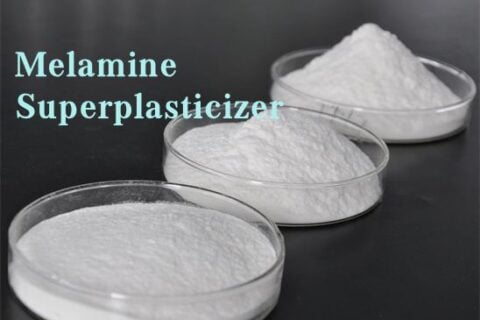Lithium carbonate is used as an coagulant agent in cement-based self-leveling mortar prepared by sulfoaluminate cement, ordinary Portland cement and anhydrite ternary system to improve early strength and shorten initial setting and final setting time. The coagulation effect of lithium carbonate on sulphoaluminate cement is good, and the setting time can be shortened from 30min to 3min
| Items | CL-99P |
| Appearance | White powder |
| Active content | ≥99.2% |
| Insoluble (hydrochloric acid) | ≤0.05% |
| Moisture | ≤0.3% |
| Particle size | ≥80 Mesh |
| Solubility | Slightly soluble in water, almost insoluble in alcohol, aqueous solution is neutral. |
Uses of Lithium Salts in Cement-Based Products:
- Set acceleration: Reducing the initial setting time, which is especially useful in cold weather or thin-mix applications.
- Early strength gain: Promoting faster development of early strength, useful in repair or fast-track construction.
- Improved workability: Sometimes they help in improving the flow and handling of the mortar or concrete.
Application in Floor Mortar:
- Lithium salts can be added in small amounts to floor mortars to accelerate setting and curing times.
- They can also influence the microstructure by promoting denser and more durable cement matrices.
- Proper dosage is critical to avoid overstimulation, which can cause rapid setting or cracking.
Important Considerations:
- Compatibility with other admixtures (like superplasticizers or foam reducers).
- Correct dosage based on the specific formulation.
- Cost and availability considerations, as lithium compounds tend to be more expensive than other accelerators.
